Search
Remove Ads
Advertisement
Summary 
Loading AI-generated summary based on World History Encyclopedia articles ...
Search Results
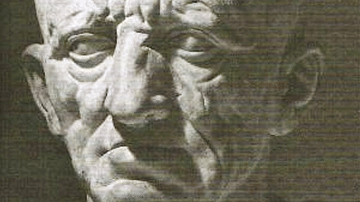
Definition
Censor - The All-Powerful Magistrate of Ancient Rome
A censor was one of two senior magistrates in the city of ancient Rome who supervised public morals, maintained the list of citizens and their tax obligations known as the census, and gave out lucrative public contracts and tax collecting...

Definition
Cato the Elder
Marcus Porcius Cato, better known as Cato the Censor or Cato the Elder (234-149 BCE), was an influential political figure of the Roman Republic. Serving as quaestor, aedile, praetor, consul, and censor, he championed Roman virtues and detested...

Video
Why did Victorians Censor the Bayeux Tapestry?
Why did the Victorians put pants on the Bayeux Tapestry?
This video was inspired by the BBC series Civilisations.
Video Journalist: Adam Paylor
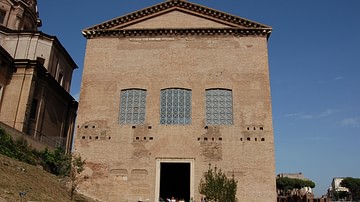
Definition
Roman Government
Western Civilization is forever indebted to the people of ancient Greece and Rome. Among the numerous contributions these societies made are in the fields of art, literature and philosophy; however, perhaps their greatest gift to future generations...

Definition
Aedile
The aedile was an official of the Roman Republic who maintained Roman roads, supervised the grain and water supply, and provided the city's citizens with games among other duties. Initially, they were plebeian and elected annually by the...
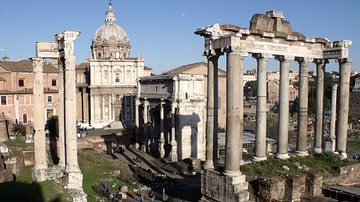
Definition
Quaestor
The quaestor ("the one who asks questions") was the oldest and lowest office on the cursus honorum, or "path of honor" in ancient Rome. Considered a stepping stone to higher office in the Roman government, the duties of the quaestor ranged...
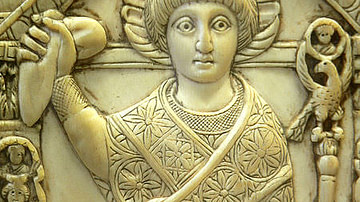
Definition
Consul
In 509 BCE, with the exit of the last Etruscan king, Lucius Tarquinius Superbus, the Roman people were presented with a unique opportunity, an opportunity that would eventually have an immense impact on the rest of Europe for centuries to...

Definition
Tribune
Tribune was a title of various offices in ancient Rome, the two most important of which were the tribuni plebis and tribuni militum. The military tribunes were responsible for many administrative and logistics duties, and could lead a section...
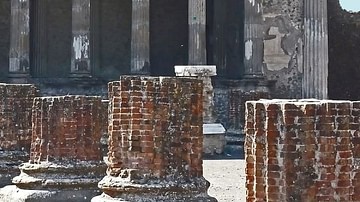
Definition
Roman Law
Roman laws covered all facets of daily life. They were concerned with crime and punishment, land and property ownership, commerce, the maritime and agricultural industries, citizenship, sexuality and prostitution, slavery and manumission...

Definition
Roman Constitution
Roman constitution was an accumulation of laws, legal decisions, and ancient customs. While today 'constitution' usually refers to a single act of legislation, this was not the case in ancient Rome. Instead, Roman government relied on the...